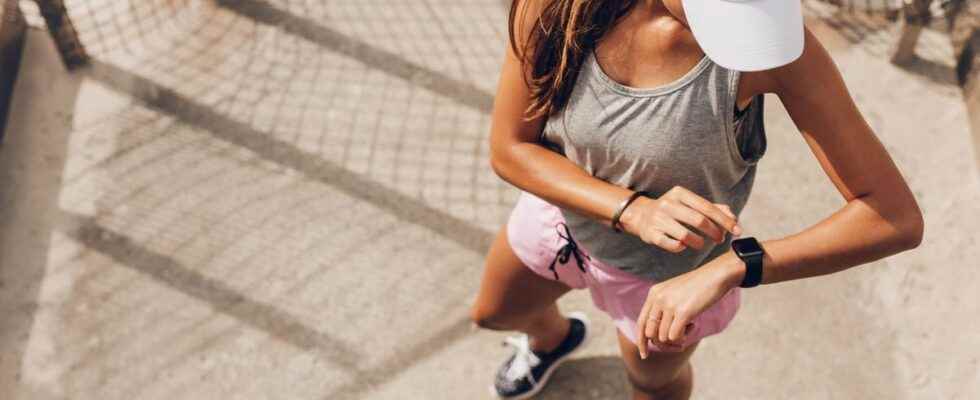Published on
Updated
Reading 2 mins.
Walking quickly, walking the dog, cleaning, playing with the children… We perform daily tasks that could save our lives, according to an Australian study. By applying these mundane everyday activities to the VILPA method, that is, more intensively, we could maintain good health.
Good news for those who hate sports or those who don’t necessarily have the time to do long training sessions. A new study from the University of Sydney, published in the journal Nature Science, suggests that performing several short intense physical activities of one or two minutes each day would reduce the risk of premature death. This method has a name: VILPA for “Vigorous Intermittent Lifestyle Physical Activity”.
A 40% reduction in mortality!
According to the researchers, practicing three to four one-minute sessions daily was associated with a 49% reduction in mortality from cardiovascular disease and a 40% reduction in mortality from all causes and cancer. The more sessions there are in a day, the greater the benefits. Thus, by doing eleven sessions a day, the reduction in the risk of cardiovascular death was 65% and 49% for the risk of death linked to cancer.
To conduct this study, the researchers focused on the activity of 25,000 participants, aged 62 on average and who had never played sports. These people had to wear an activity tracker on their wrist for a period of seven days. For seven years, the researchers continued to follow the participants by accessing their health data.
A method that is easily incorporated into our daily lives
The advantage of the VILPA method is that it is easily incorporated into the daily life of any person. Because several activities or tasks that we practice in our everyday lives can be likened to a session of physical activity. “It can be things like playing with children. You may see your bus about to leave and have to walk very fast to catch it. You may also live in an apartment building and have to climb stairs with your groceries. These are the kind of little bursts that happen in everyday life“, explains Mark Hamer, professor at the University College of London and co-author of the study, to the Guardian.
“Increasing the intensity of daily activities requires no time commitment, no preparation, no club memberships, no special skills. It’s just about picking up the pace by walking or doing housework with a little more energy.“, completes Emmanuel Stamatakis, professor at the University of Sydney who also participated in the study in a Press release.
A more accessible and inclusive method of sport
From this point of view, the VILPA seems to be a more accessible and more inclusive method of sport. Many people are reluctant to engage in physical activity. Many people complain, for example, about the lack of sports facilities near their homes. In France, according to the “Sport accessible to all” barometer produced by Harris Interactive for iFIT and relayed by Le Parisien, 22% of French people deplore the lack of sports equipment around their homes. And it is above all the inhabitants of the least dense areas who feel the least well endowed with infrastructure.
